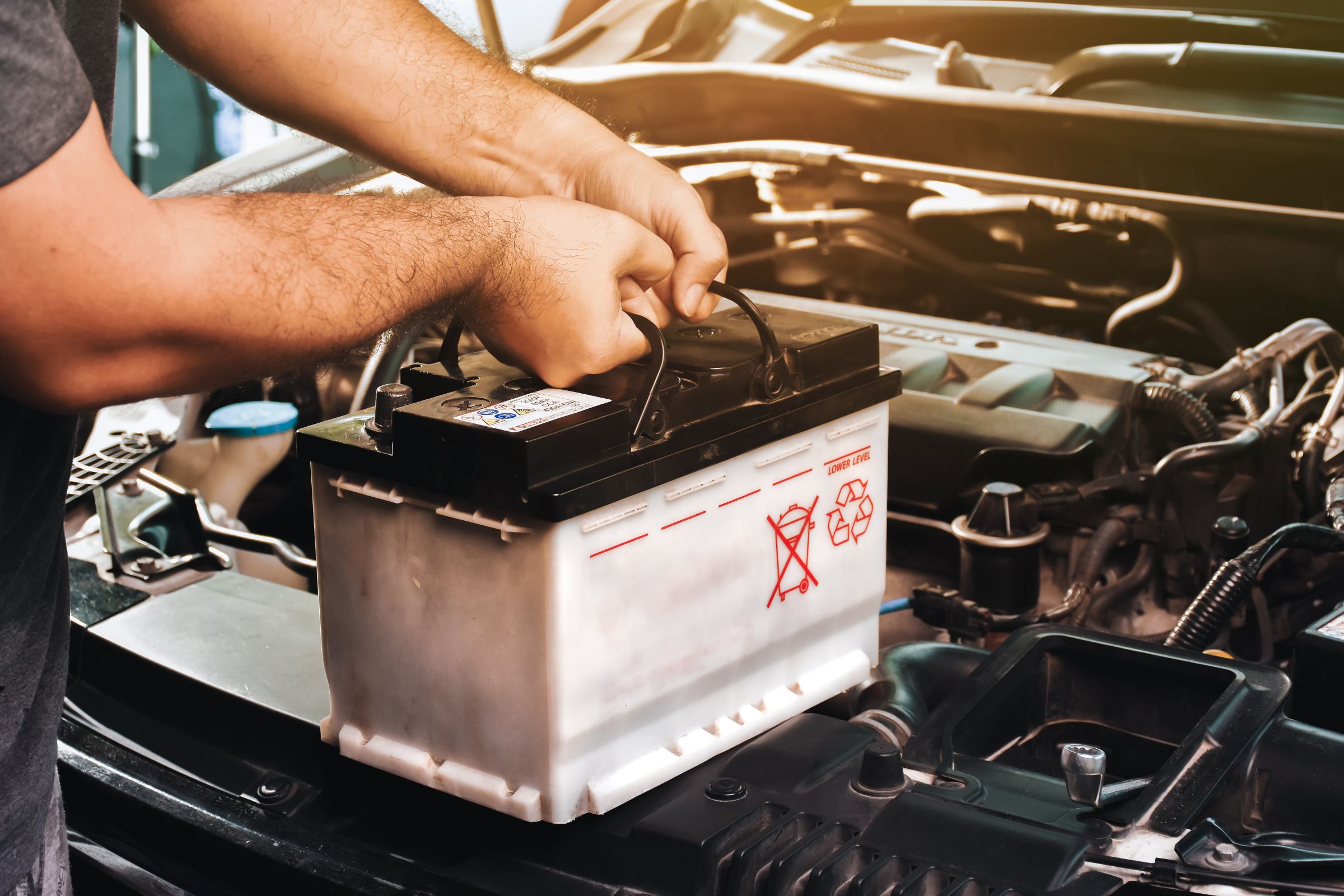As summer winds down and cooler weather approaches, it’s the perfect time for drivers in…

How Seasonal Temperature Changes Affect Your Car and How to Prepare
New Jersey experiences extreme temperature shifts, from scorching summers to freezing winters. These fluctuations can take a serious toll on your vehicle, impacting performance, safety, and longevity. Understanding the effects of temperature changes on cars is key to ensuring your vehicle stays reliable year-round. In this guide, we’ll explore common issues caused by seasonal changes and provide seasonal car maintenance tips to keep your car in peak condition.
Common Car Issues Caused by Temperature Changes
Weather extremes don’t just affect your comfort—they can significantly impact vehicle performance. Here are some of the most common issues drivers face:
Tire Pressure Fluctuations in Extreme Heat and Cold
Tire pressure is directly affected by temperature. When temperatures drop, air contracts, causing tire pressure to decrease. Conversely, in hot weather, air expands, leading to overinflation. Incorrect pressure can reduce traction, impact fuel efficiency, and increase the risk of blowouts. Monitoring tire pressure and temperature changes is crucial to maintaining safety.
Battery Performance Decline in Cold Weather
Cold temperatures slow down the chemical reactions in a car battery, making it harder to start your engine. This is why many drivers find themselves with a dead battery on freezing mornings. Understanding how weather impacts car battery life can help you take preventive action, like testing your battery before winter and keeping jumper cables handy.
Engine Stress Due to Summer Heat
High temperatures can strain your engine, especially if it’s not properly maintained. Overheating is a common issue in summer, often caused by low coolant levels or a failing radiator. To prevent damage, it’s important to stay on top of NJ seasonal car maintenance before the hottest months arrive.
Thickening or Thinning of Fluids (Oil, Coolant, Brake Fluid)
Temperature changes also impact your car’s essential fluids. Cold weather thickens motor oil, reducing its ability to lubricate engine components. In contrast, excessive heat can cause coolant and brake fluid to thin, leading to overheating and reduced braking efficiency. Regular fluid checks are key to preventative car care for extreme temperatures.
Seasonal Maintenance Tips to Keep Your Car Running Smoothly
Taking proactive steps before seasonal transitions can save you time, money, and stress. Here are essential seasonal car maintenance tips to keep your vehicle road-ready in any weather:
Proper Tire Inflation and Seasonal Tire Swaps
- Check tire pressure at least once a month, adjusting as needed for temperature changes.
- Consider switching to winter tires in colder months for better traction.
- In summer, all-season or performance tires provide optimal handling.
Battery Testing and Replacement Recommendations
- Before winter, have your battery tested to ensure it’s holding a charge.
- Clean battery terminals to prevent corrosion.
- If your battery is older than three years, consider replacing it before extreme cold sets in.
Checking and Topping Off Essential Fluids
- Maintain proper coolant levels to prevent overheating in summer and freezing in winter.
- Use seasonally appropriate oil—thinner oil for winter and thicker oil for summer.
- Keep brake fluid and windshield washer fluid at recommended levels.
HVAC System Maintenance for Heating and Cooling
- Ensure your heater and defroster work properly before winter.
- Test the air conditioning system before summer for maximum efficiency.
- Change the cabin air filter to maintain air quality and airflow.
Preventative Car Care Checklist for NJ Drivers
To extend your vehicle’s lifespan and reduce costly repairs, follow this NJ seasonal car maintenance checklist:
Monthly DIY Checks:
- Inspect tire pressure and tread depth.
- Check for leaks or unusual noises under the hood.
- Test your lights, wipers, and HVAC system.
When to Schedule Professional Inspections:
- At the start of each season, have your fluids, brakes, and battery inspected.
- Before long trips, get a full check-up, including tire rotation and alignment.
- If you notice warning lights or performance issues, schedule service immediately.
Products and Treatments to Protect Your Car Year-Round:
- Apply rust protection to prevent winter salt damage.
- Use UV protectant on dashboards and leather interiors in summer.
- Wash and wax regularly to protect against weather-related wear.
Conclusion
Your car’s reliability depends on how well you prepare it for seasonal changes. From monitoring tire pressure and temperature changes to understanding how weather impacts car battery life, staying proactive can help you avoid major issues and costly repairs.
At Frank’s Auto Repair, we specialize in preventative car care for extreme temperatures to keep your vehicle in top shape year-round. Schedule your seasonal maintenance today and drive with confidence, no matter the weather!



